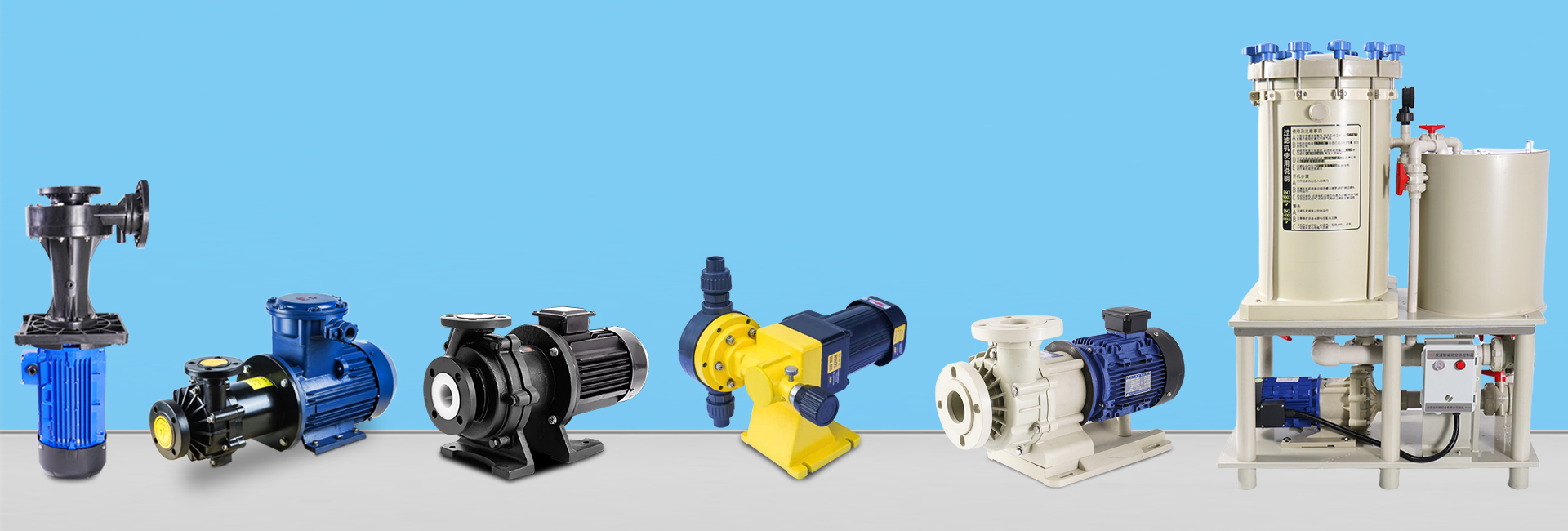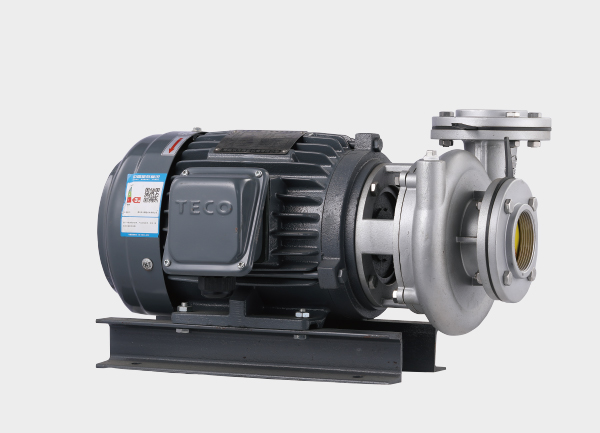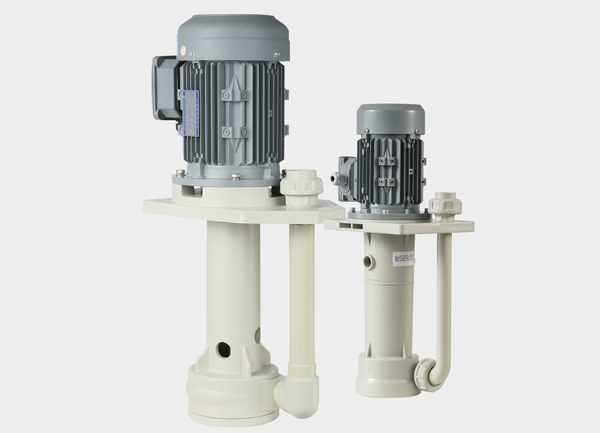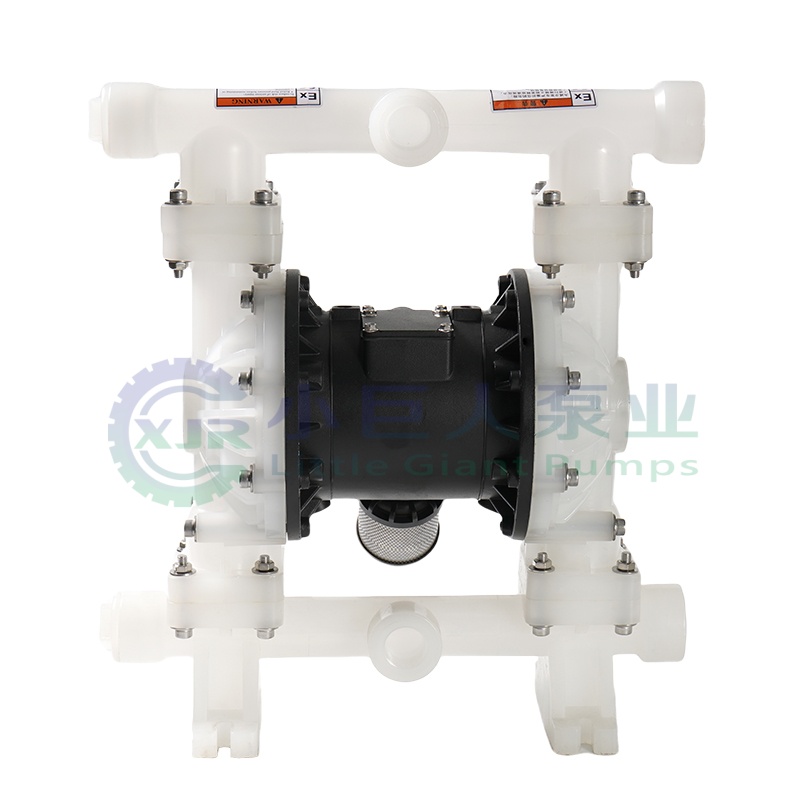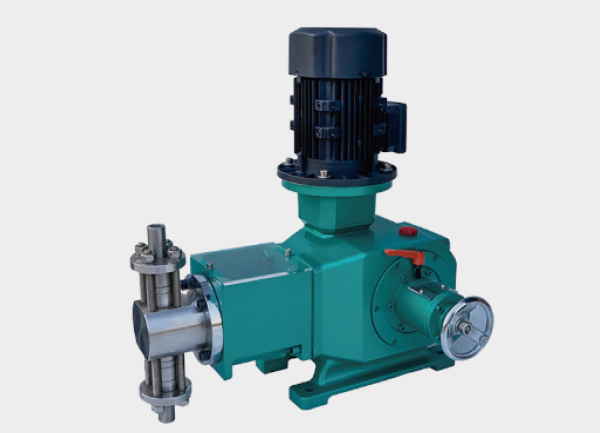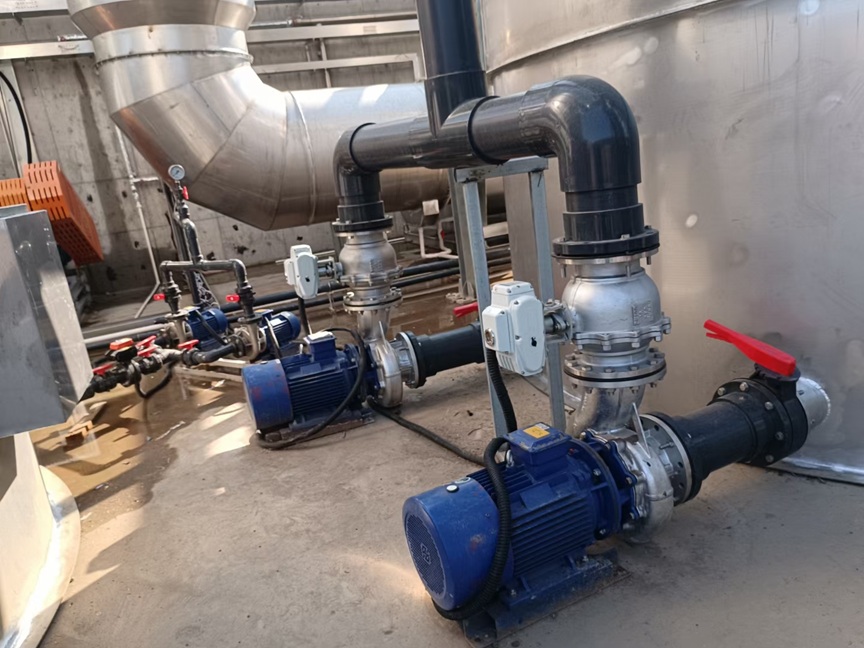In every stage of chemical production — from raw material transfer to reaction handling and waste recovery — chemical pumps play a vital role. But why are these pumps indispensable in such demanding environments? What makes them different from ordinary water pumps, and how do they ensure safe and reliable fluid transport under harsh industrial conditions?
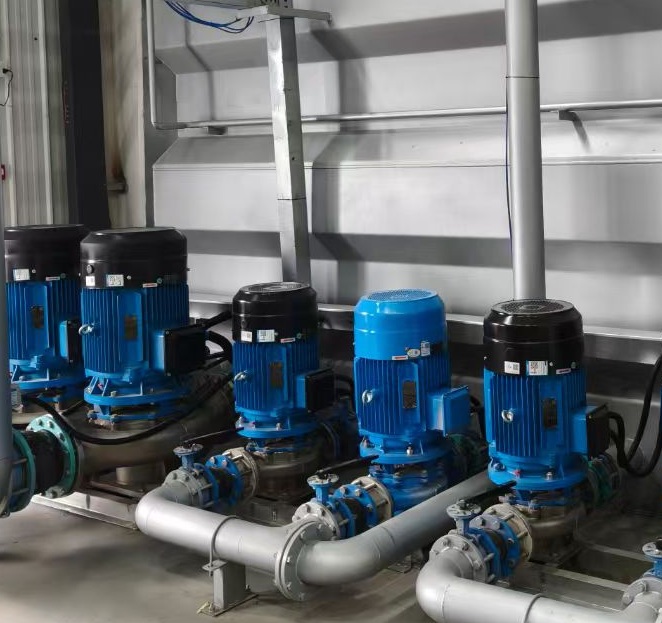
1. What Is a Chemical Pump?
A chemical pump is a specially designed industrial pump built to handle corrosive, toxic, flammable, or high-temperature liquids. Unlike standard pumps, its mission is not only to move fluids but also to ensure safety, chemical resistance, and leak prevention.
These pumps are widely used in industries such as chemical manufacturing, oil refining, pharmaceuticals, water treatment, and environmental protection — making them the “circulatory system” of modern chemical plants.
2. Material Selection – The First Line of Defense Against Corrosion
One of the defining features of chemical pumps is their diverse material construction, which allows them to handle a wide range of aggressive fluids. Common materials include:
Fluoroplastic chemical pumps – ideal for strong acids, alkalis, and chloride solutions.
Stainless steel chemical pumps – excellent balance between strength and corrosion resistance, suitable for neutral or mildly corrosive liquids.
Rubber-lined or fluorine-lined pumps – cost-effective options with corrosion-resistant coatings.
Magnetic drive pumps – use magnetic coupling instead of mechanical seals to achieve zero leakage.
These material options make it possible for chemical pumps to safely transport liquids such as sulfuric acid, hydrochloric acid, methanol, or ammonia without degradation or leakage.
3. Advanced Sealing Technology – The Key to Leak-Free Operation
In chemical applications, leakage prevention is critical. To ensure total containment, chemical pumps are designed with different sealing systems:
Mechanical seals – suitable for most liquids, providing reliable sealing performance.
Magnetic coupling seals – completely eliminate contact points and achieve true non-leakage operation.
Diaphragm seals – commonly used in metering pumps to prevent contamination during precise chemical dosing.
These sealing systems protect both workers and the environment while improving plant safety and sustainability.
4. Common Types and Applications of Chemical Pumps
Chemical pumps come in many types to meet various process needs:
Centrifugal chemical pumps – high efficiency and flow capacity, ideal for continuous fluid transfer.
Magnetic drive chemical pumps – perfect for handling toxic, hazardous, or valuable liquids.
Metering (dosing) pumps – ensure precise chemical injection and process control.
Self-priming and vertical pumps – meet different installation and suction requirements.
From sulfuric acid plants to desalination systems and pharmaceutical production lines, chemical pumps serve as reliable workhorses in nearly every sector of modern industry.
5. The Future of Chemical Pumps – Smart, Green, and Sustainable
With the rise of Industry 4.0 and the global push toward carbon reduction, chemical pumps are evolving toward intelligent, energy-efficient, and leak-free designs.
Smart monitoring systems enable real-time tracking of flow, temperature, and vibration.
High-efficiency motors and optimized hydraulic designs reduce energy consumption.
New composite materials and 3D printing technologies make pump components lighter, stronger, and more durable.
These innovations are transforming the traditional chemical pump into a smarter, safer, and more sustainable solution for the future of industrial fluid handling.
Conclusion
A chemical pump is far more than a piece of equipment — it is the beating heart of every chemical system. By combining corrosion-resistant materials, leak-proof sealing, and intelligent monitoring, it safeguards operations, protects the environment, and ensures long-term process stability.
Choosing the right chemical pump means investing in safety, reliability, and sustainable industrial growth.

